



What type of product is the industrial control chip
Industrial control chips, as the name suggests, are integrated circuit chips specifically designed for use in industrial control systems. These chips are widely used in various industrial automation equipment, instruments, transportation, energy management, smart manufacturing, and other fields. Compared to consumer electronics, industrial control chips typically offer higher stability, environmental resistance, and longer lifecycles, enabling them to operate continuously in harsh industrial environments.
1. Basic Definition of Industrial Control Chips
Industrial control chips are typically the core components used in industrial devices for control and processing tasks. They are often combined with hardware devices such as microcontrollers (MCUs), digital signal processors (DSPs), and field-programmable gate arrays (FPGAs) for data acquisition, processing, and control. These chips act as the "brain" of industrial control systems and have a crucial impact on the system's real-time performance, stability, and reliability.
The working environment for these chips typically includes extreme conditions such as high temperatures, humidity, and electromagnetic interference, so their design must account for these factors. Additionally, industrial control chips must have powerful processing capabilities to meet the needs of real-time data processing, communication, monitoring, and complex algorithms in industrial settings.
2. Types and Applications of Industrial Control Chips
- Microcontroller (MCU) Chips
- Microcontroller (MCU) chips are the most common type of industrial control chip. They usually integrate a processor, memory, input/output interfaces, and other basic functions to independently perform control tasks. MCU chips are widely used in programmable logic controllers (PLCs), automation devices, sensors, instruments, and various industrial equipment. Due to their low power consumption, low cost, and small size, MCUs play an essential role in embedded control systems.
- Digital Signal Processor (DSP) Chips
- Digital Signal Processor (DSP) chips are primarily used in applications that require fast signal processing, such as sound processing, image processing, and vibration monitoring. In industrial control, DSP chips are often used to achieve precise real-time control and signal analysis, with applications in robotic control systems, digital sensors, motion control, and motor drives.
- Field-Programmable Gate Array (FPGA) Chips
- FPGA chips are highly flexible chips that can be programmed using hardware description languages (HDLs) to define their internal circuit structures. FPGAs are used in applications requiring extremely high performance and customization, such as high-speed data acquisition, machine vision, industrial image processing, and high-precision positioning systems.
- Industrial Ethernet Chips
- With the rise of industrial IoT and smart manufacturing, industrial Ethernet chips have become a crucial component in connecting industrial devices, enabling data transmission, and remote control. These chips feature high bandwidth, low latency, and high reliability, making them ideal for automation control systems, equipment monitoring, data acquisition, and communication within industrial cloud platforms.
- Application-Specific Integrated Circuit (ASIC) Chips
- In applications with particularly demanding performance requirements, Application-Specific Integrated Circuit (ASIC) chips are widely used. These chips can be customized to meet specific needs, offering higher performance and lower power consumption. For example, in power monitoring and industrial automation systems, ASIC chips can provide more precise control and monitoring than general-purpose chips due to their custom-designed circuits.
3. Characteristics and Advantages of Industrial Control Chips
- High Reliability and Long Lifecycle
- Industrial control chips are designed to operate in harsh industrial environments, requiring strong resistance to interference, a wide operating temperature range, and long operational lifespans. Compared to consumer electronics, industrial control chips typically have much longer lifecycles, often exceeding 10 years of stable operation, which is one of the key reasons for their widespread use in industrial control.
- High Real-time Performance and Precision
- Industrial control chips need to handle large volumes of real-time data from field devices and perform precise calculations and control tasks. To achieve efficient real-time control, the chips' processing power and response speed must be fast enough. For example, in robotic control and automated production lines, chips need to respond quickly to sensor inputs and precisely control actuators, ensuring the entire system functions smoothly.
- Environmental Durability
- The operating environments for industrial control chips are often harsh, including high temperatures, low temperatures, high humidity, and strong electromagnetic interference. Therefore, these chips must have good environmental resistance, ensuring stable operation under these extreme conditions and preventing failure.
- Low Power Consumption Design
- Although industrial control equipment typically runs continuously for long periods, industrial control chips are still required to have low power consumption. This not only reduces energy consumption but also extends the lifespan of the equipment and lowers maintenance costs.
4. Future Development Trends of Industrial Control Chips
With the continuous development of Industry 4.0 and smart manufacturing, the demand for industrial control chips will continue to grow, particularly in fields such as automation, the Internet of Things (IoT), and Artificial Intelligence (AI). The future development of industrial control chips will focus on the following areas:
- Intelligence and Integration
- Industrial control chips will become more intelligent, integrating multiple functions. For example, single-chip solutions that integrate sensors, processing units, and communication interfaces will become more prevalent.
- Higher Computing Power and Lower Latency
- As industrial applications demand greater computing power and real-time responsiveness, future industrial control chips will have stronger processing capabilities to support more complex control algorithms and big data processing.
- Stronger Network Connectivity
- The network connectivity capabilities of industrial control chips will continue to improve, supporting more industrial communication protocols to better achieve device interconnectivity.
- Enhanced Security
- With increasing cybersecurity threats in industrial systems, future industrial control chips will focus more on security, enhancing data encryption and anti-tamper capabilities to prevent industrial systems from being hacked.
Conclusion
Industrial control chips play a vital role as the core components of industrial automation systems. With the continuous advancement of industrial technology, these chips will continue to evolve and innovate to meet increasingly complex and diverse needs. In the future, with the widespread adoption of smart manufacturing, the Internet of Things, and industrial IoT, industrial control chips will play an even more important role across various industries.

Please contact us if the source is mislabeled or violates your legal rights.
We will promptly correct and delete, thank you.
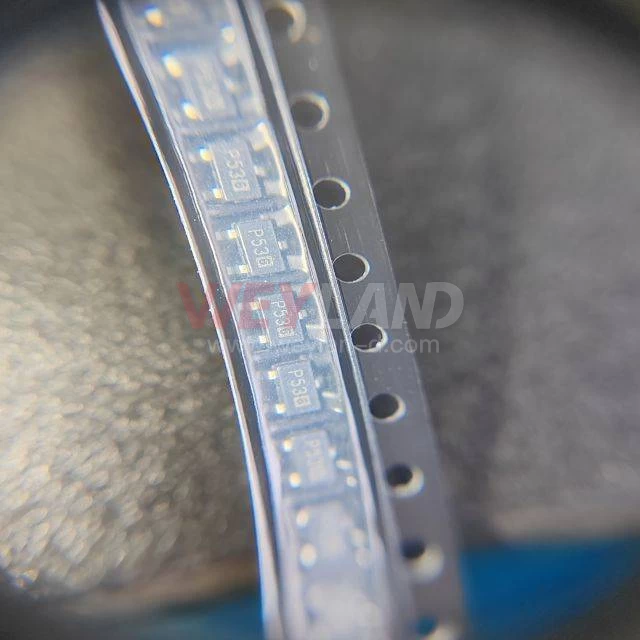
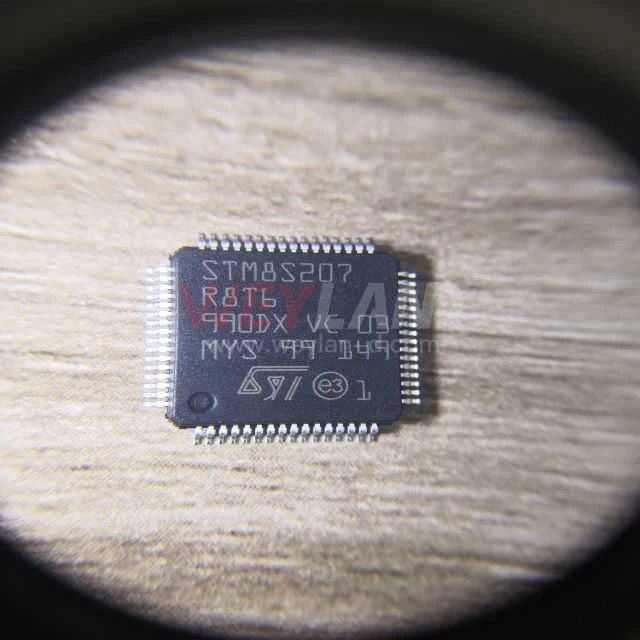
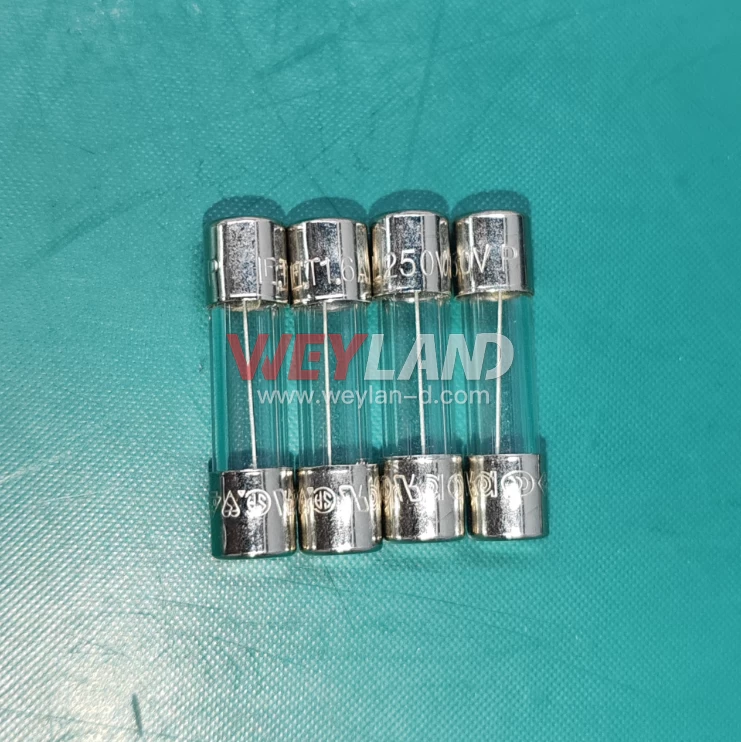
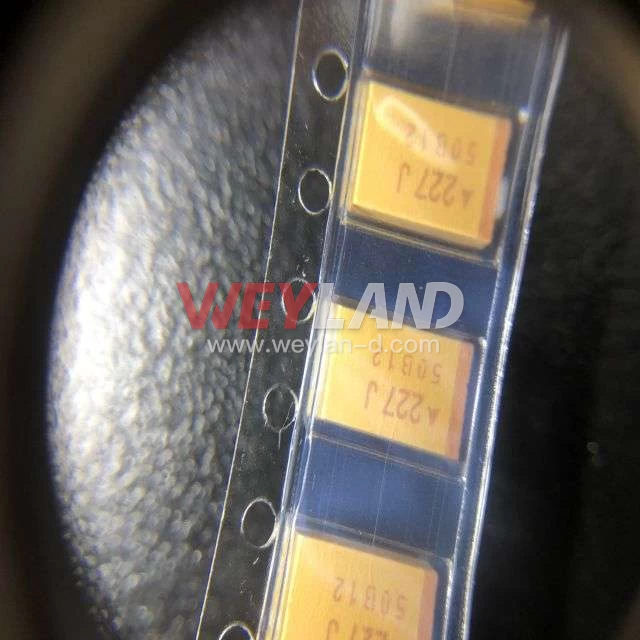
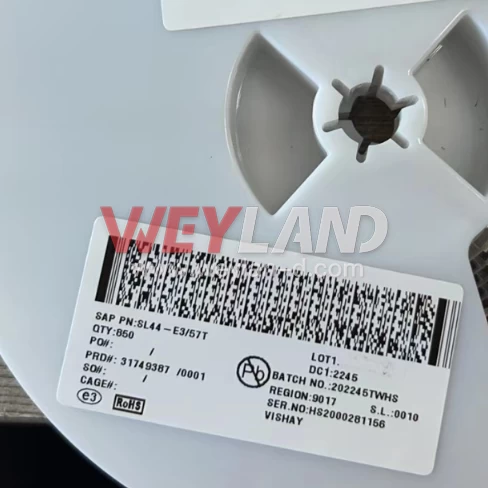
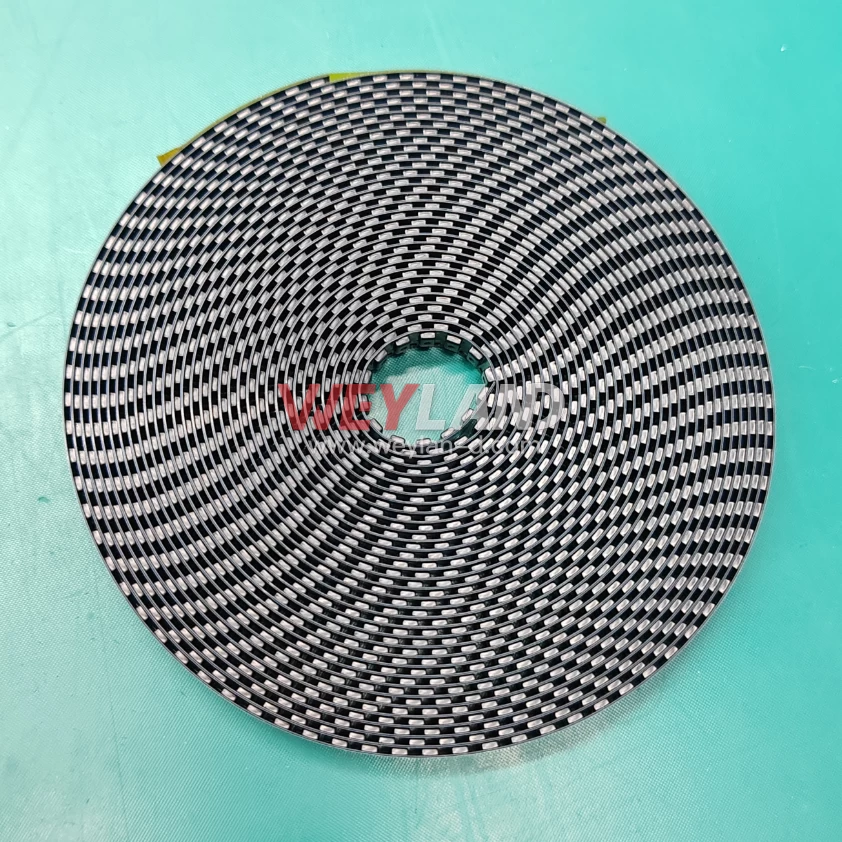
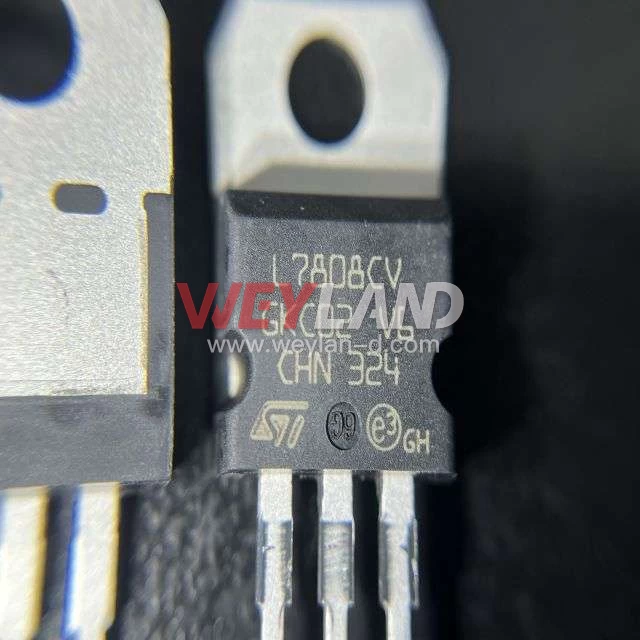

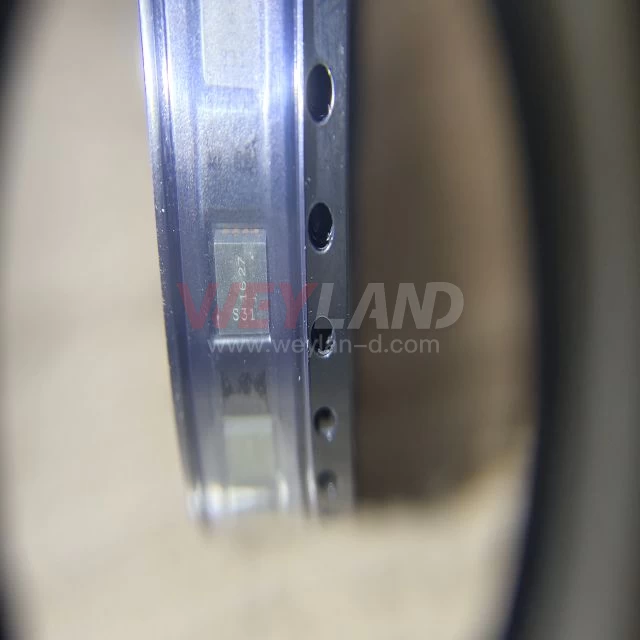
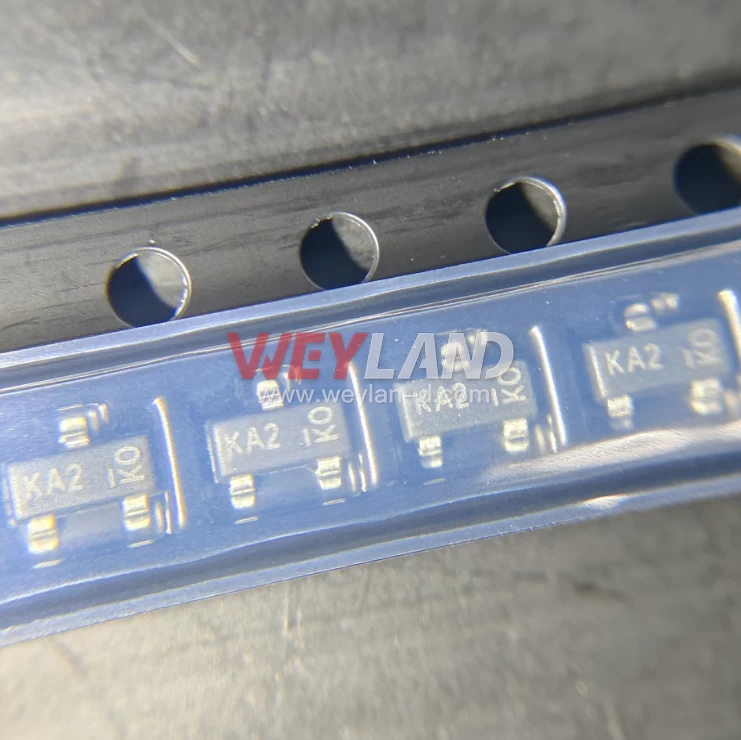
.9246509.png)


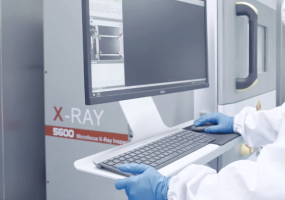

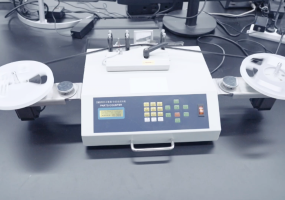







[email protected]
7500A BEACH ROAD #04-307 THE PLAZA SINGAPORE (199591)
RM 705.7/F.FA YUEN COMM BLDGNO.75-77.FA YUEN STREET.MONGKOK.KLN.HONG KONG
